When winter rolls into Dallas, keeping your home warm becomes a top priority. Having a reliable heating system is crucial, but what happens when things go wrong? Understanding common heating problems can help you maintain a cozy and comfortable home, no matter how chilly it gets outside.
Heating systems can face a range of issues that affect their efficiency and your home’s comfort level. Problems like a faulty thermostat, clogged filters, or a pilot light failure can disrupt the heat flow, leaving some rooms cold and others too warm. Recognizing these issues early can prevent a complete breakdown and save you from those unplanned repair costs.
Regular maintenance and paying attention to warning signs are key to keeping your heating system running smoothly. By learning about common problems and how to spot them, you can keep your home comfortable and your heating bills under control throughout the cooler months in Dallas.
Common Heating System Failures
Heating systems in Dallas homes can experience several common failures, which can disrupt comfort and efficiency. One frequent issue involves the thermostat. A malfunctioning thermostat can result in your heating system failing to turn on or off at the right times, causing temperature fluctuations that affect your home’s comfort.
Another typical problem is clogged air filters. Over time, dust and debris can accumulate in filters, reducing airflow and forcing the system to work harder to heat your home. This not only impacts efficiency, increasing energy costs, but can also strain the system, leading to wear and tear.
Pilot light issues are also prevalent, particularly in older gas furnaces. A pilot light that won’t stay lit can prevent the furnace from igniting, leaving you without heat. This could result from a faulty thermocouple or something as simple as dust accumulation, which blocks the flame.
Each of these issues affects heating efficiency, resulting in uneven heating across rooms and higher utility bills. Addressing these problems promptly can restore comfort and support better system performance, ultimately prolonging the lifespan of your heating equipment.
Identifying Signs of Heating Trouble
Spotting heating issues early can save you from more costly repairs or system failures down the line. There are several telltale signs that your heating system might be struggling:
1. Unusual Noises: Banging, rattling, or squealing sounds often signal mechanical problems within the system, such as a loose belt or a motor issue.
2. Uneven Heating: If some areas of your home are warm while others remain cold, the system may have airflow issues or be failing to distribute heat effectively.
3. Unexpected Energy Bills: A sudden increase in your energy bills without a corresponding change in usage often indicates that the system is working inefficiently.
4. Short Cycling: If your heater frequently turns on and off, it could be due to an oversized system, thermostat issues, or poor airflow.
– Weak Airflow: Little to no airflow from the vents could mean there’s a blockage or ductwork issue.
Recognizing these problems early ensures you address them before they escalate into more serious, expensive issues. Regular monitoring of your heating system can help maintain consistent comfort levels in your home throughout the cooler months. By being vigilant, you can avoid interruptions and keep your home warm efficiently.
Troubleshooting Basic Heating Problems
When your heater acts up, there are some simple troubleshooting steps you can take before calling in a professional. Always start with safety first by turning off power to the system if you suspect a serious issue.
1. Check the Thermostat: Ensure the thermostat is set to “heat” and the temperature setting is appropriate. Replace batteries if needed.
2. Inspect Air Filters: Dirty filters can restrict airflow, causing efficiency problems. Replace them every month or as needed, especially during heavy usage.
3. Pilot Light and Gas Supply: For gas heaters, inspect the pilot light. If it’s out, follow the manufacturer’s instructions to relight it. Verify the gas valve is turned on.
4. Circuit Breakers and Fuses: A tripped circuit breaker might cut power to the system. Check the electrical panel and reset any tripped breakers.
If the problem persists despite these troubleshooting steps, it might indicate a deeper issue. It’s important to know when to seek professional help to avoid causing further damage to the system.
Preventative Measures for Smooth Heating Operation
Regular maintenance is key to keeping your heating system running efficiently and avoiding unexpected breakdowns. Here are some preventative measures:
– Schedule Regular Inspections: Professional inspections can identify potential problems before they become serious. Aim for at least once a year, typically before the heating season begins.
– Clean Vents and Ducts: Ensure all vents are unblocked and clean to maintain proper airflow. Consider having ducts cleaned periodically.
– Monitor System Performance: Keep an eye on how your system operates. Unusual noises or smells should be assessed promptly by a technician.
– Seasonal Checks: Before peak seasons, check that your thermostat is calibrated correctly and inspect filters, belts, and other components for wear and tear.
– Service Agreements: Many HVAC companies offer service agreements that provide regular maintenance for a flat fee. This can be a cost-effective way to ensure ongoing care.
Taking these steps not only enhances efficiency but also prolongs the life of your heating system, providing reliable comfort throughout the colder months.
Conclusion
Understanding and addressing heating issues in Dallas is crucial for maintaining a comfortable home environment. By recognizing common problems early and taking proactive measures, homeowners can ensure their heating systems run efficiently and avoid costly repairs. From simple DIY troubleshooting to regular professional maintenance, taking an active role in your home’s heating care can make all the difference.
For those seeking expert assistance, consider reaching out to local professionals who specialize in HVAC services tailored to the specific needs of Dallas residents. Experience and local knowledge can bring added peace of mind, ensuring your home remains a cozy haven from the unpredictable Texas weather season after season.
When you’re ready to take the next step in safeguarding your home’s heating, contact Spire Heating and Air Conditioning. Our team is ready to help with all your Dallas HVAC needs, providing expert maintenance and solutions to keep your system running smoothly and efficiently throughout the chilly winters.


